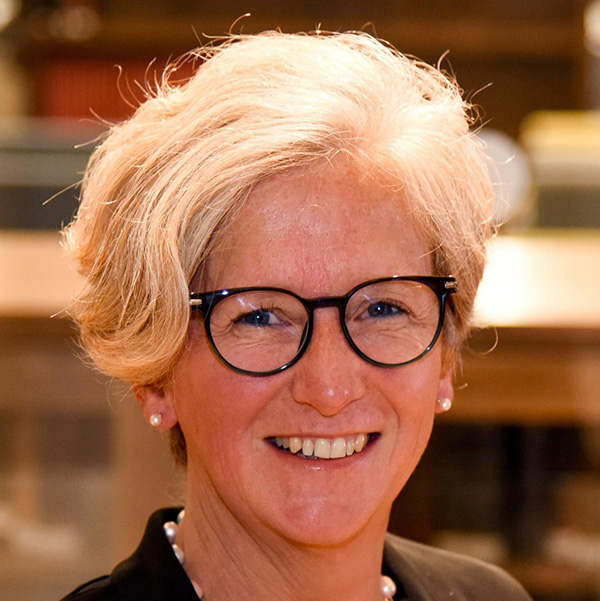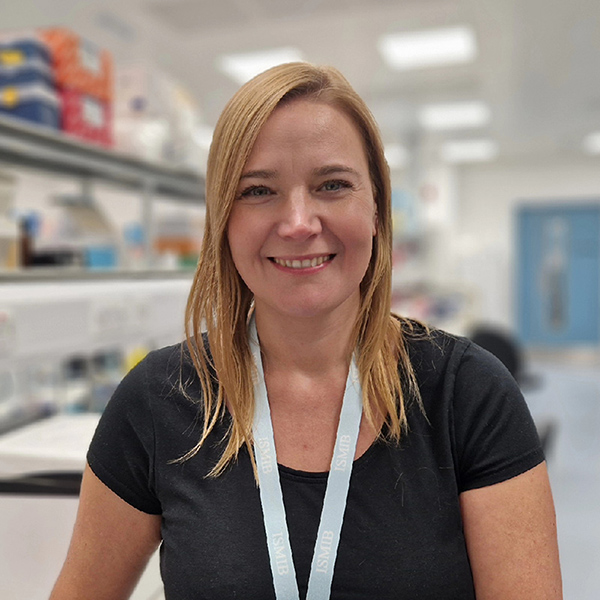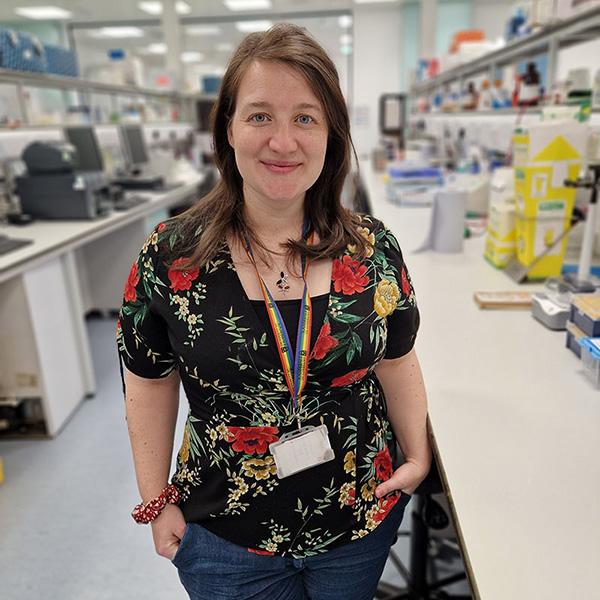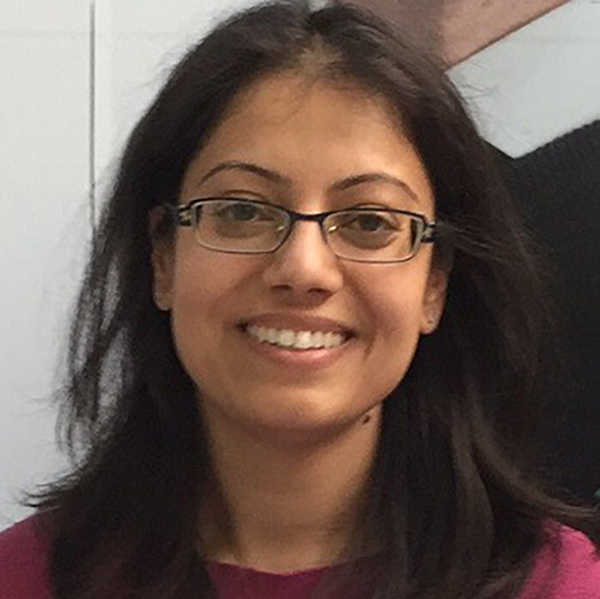Liverpool Ocular Oncology Research Group
Conducting high quality basic, translational, and clinical research into the pathogenesis and treatment of adult ocular tumours that will improve patient care and survival. Our laboratory research into ocular melanomas and lymphomas aims to understand the underlying biological and genetic processes that drive these aggressive cancers.
The Liverpool Ocular Oncology Research Group was established by Professor Sarah Coupland and Professor Bertil Damato in 2006. Prof Coupland has since led the basic science and translational research portfolio, in addition to being a Consultant Histopathologist at the Liverpool University Hospitals Foundation Trust (LUHFT).
The LOORG is a collaboration of leading researchers, committed to producing translational benefit from research in the pursuit of improving patient care, and outcomes.
Over the years, several key members have joined and strengthened LOORG, in terms of its breadth and depth of basic and translational science. These include the experienced postdoctoral scientists: Dr Helen Kalirai, Dr Sarah Lake, Dr Karen Aughton, Dr Amelia Acha Sagredo, and Dr Carlos R. Figueiredo, who have undertaken their own research as well as supervised undergraduate and postgraduate students.
In particular, Dr Kalirai has been instrumental in establishing the unique Ocular Oncology Biobank (OOB), which supports the fundamental and translational research that LOORG is undertaking with its national and international collaborators.
A major strength of the LOORG is this capability to join forces with ocular oncology clinicians, medical oncologists, pathologists, medical statisticians, basic scientists and industry, to ensure that the research it conducts addresses the key questions that aim to bring about improved survival and quality of life for ocular oncology patients.
A particular example of this is how LOORG has collaborated as a multidisciplinary team to produce the “Liverpool Uveal Melanoma Prognosticator Online (LUMPO)”, to predict individualised risks for death from metastatic disease. In this way, uveal melanoma patients can be stratified into risk management groups for liver surveillance, surgery and clinical trial recruitment.
Ocular Oncology Biobank
The University of Liverpool’s Ocular Oncology Biobank (OOB) is a unique resource of tissue and blood samples donated by patients with rare eye cancers, who have provided their consent for use in research.
The OOB is 17 years old and stores all biosamples according to regulatory requirements. The samples are well-phenotyped - i.e., are linked to all health data, pathology reports and images, as well as with clinical outcome data. The OOB operates under HTA Licence 12020 and HRA REC 21/NW/0139.
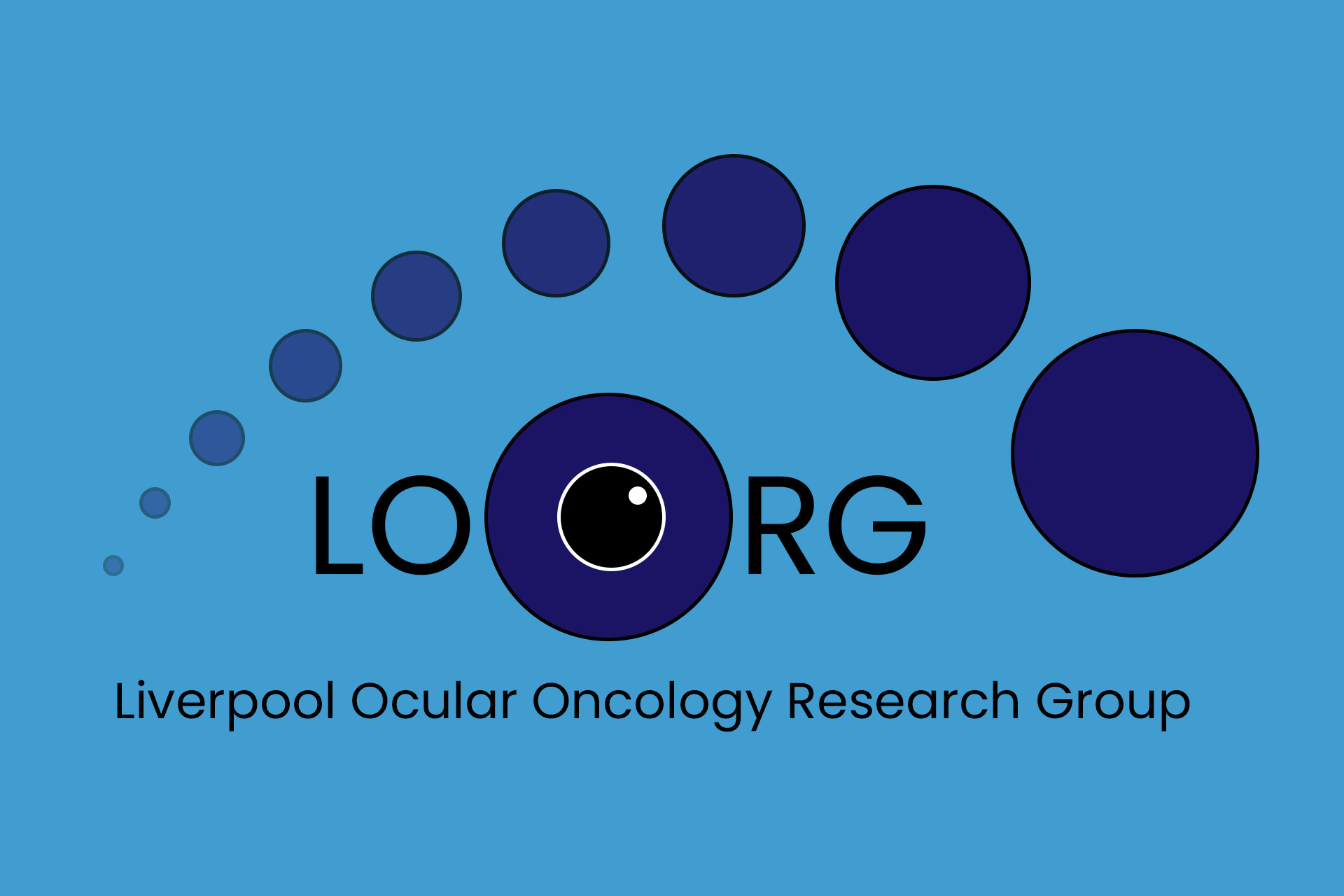
Visit the LOORG Website
You can learn more about the Liverpool Ocular Oncology Research Group by visiting our external website, here.
